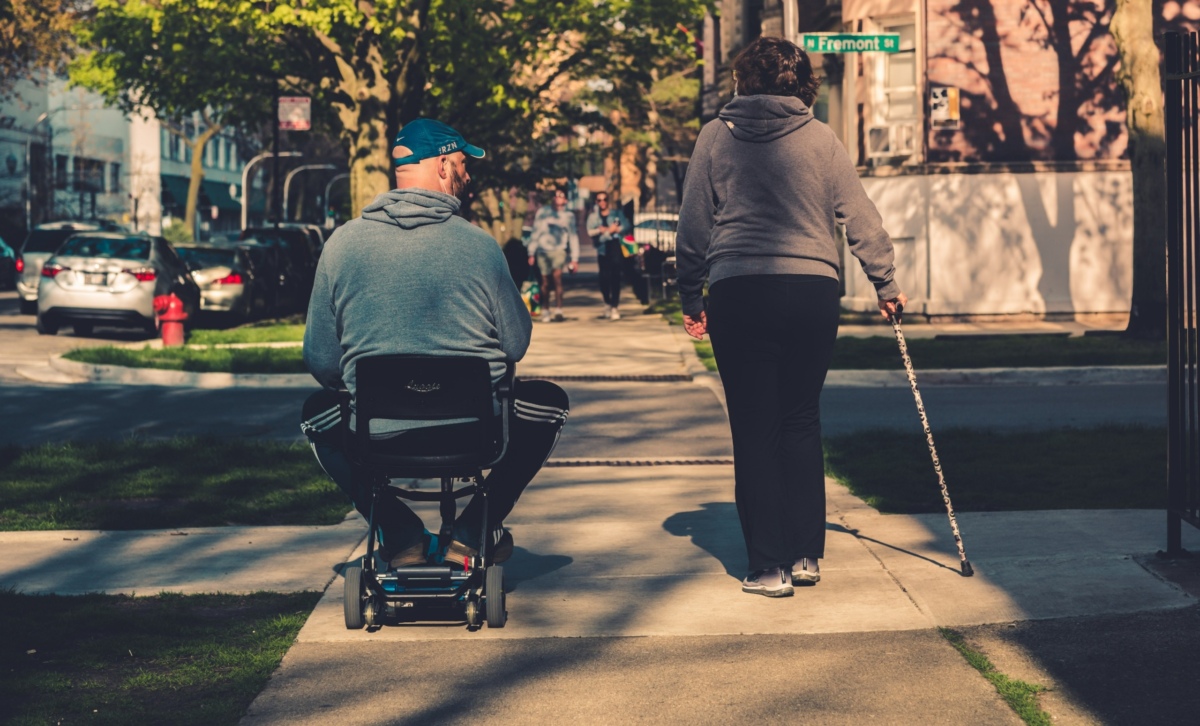Accessibility at Funerals
When you’re planning the final farewell for a loved one, it’s important to consider making the service as accessible as possible for everyone who would like to attend and pay their respects. No one should be excluded from playing a meaningful role in the service, whether that is speaking at the ceremony, planning the order of service, carrying the coffin or casket, or any other part of the service.
Venues with accessible facilities
One of the key considerations when planning an accessible funeral service is ensuring that the venue is suitable for the elderly and people with disabilities. This may involve selecting a venue with wheelchair access or providing ramps or lifts to help people with mobility impairments access the space. It’s also important to ensure that the venue has accessible restrooms and seating arrangements that can accommodate people with disabilities.
Visual and hearing-impaired accessibility
Those with sensory disabilities, for example, people who are blind, have low vision or have hearing impairments may have difficulty following a traditional spoken ceremony.
It may be beneficial to provide sign language interpretation or printed materials that summarize the key points of the service. Similarly, you could include large-print materials or audio descriptions to help everyone fully participate.
Online accessibility
Live-streaming a funeral service is a great way to include those family and friends who are not local or who cannot easily attend on the day. You will need to choose a streaming service that is high quality to avoid buffering and poor reception to avoid creating an unfortunate experience for online attendees.
Considerations for guests with disabilities
It’s also important to consider the timing and duration of the service. Older adults and people with disabilities may have limited energy or stamina, so it’s important to keep the service reasonably short and avoid scheduling it during times when attendees may be fatigued. Additionally, providing comfortable seating and refreshments can help to ensure that attendees are able to fully participate without becoming too uncomfortable.
Losing a loved one can be a difficult experience for anyone, but individuals with disabilities may face unique challenges when it comes to processing their emotions. Providing access to grief counselling or support groups can help people to cope with their loss and find comfort in a supportive community.
Accessibility considerations
- Wheelchair access
- Comfortable seating
- Accessible toilets
- Live-streaming the service
- Audio-descriptions for blind or low-vision
- Larger-print service sheet
- Brail service sheet
- Sign-language interpretation.
